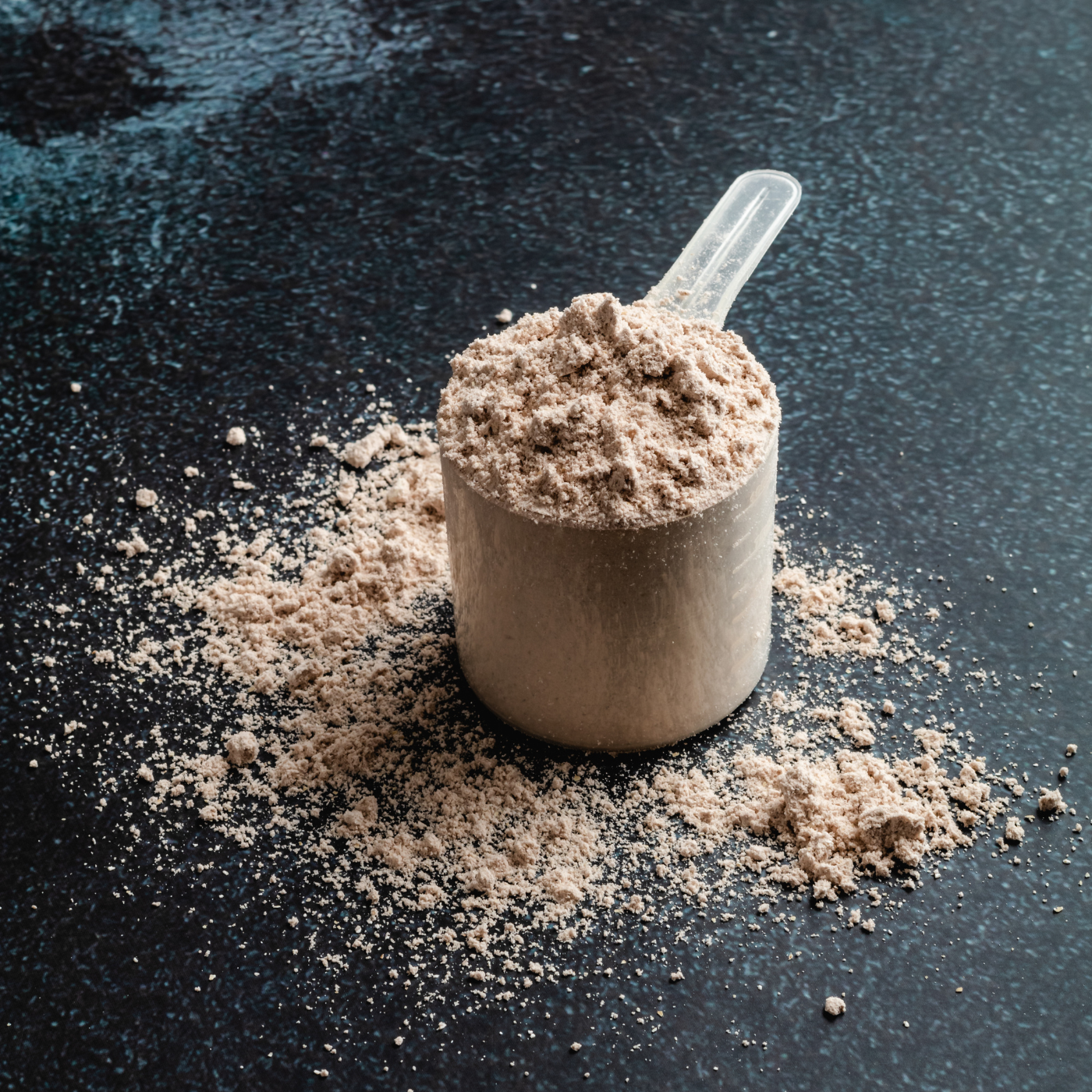The Crucial Role of Sleep in Athletic Performance
For athletes, training and nutrition often take the spotlight in their regimen. However, sleep is an equally critical component of athletic success that is frequently underestimated. Proper sleep is essential for peak physical and mental performance, crucial for recovery, and vital for overall well-being. This article explores the multifaceted benefits of sleep for athletes across all disciplines.
**1. **Physical Recovery and Muscle Growth**
Athletes push their bodies to the limit, necessitating a phase of recovery. During sleep, particularly during the deep stages, the body undergoes significant repair and growth. Growth hormone, which is pivotal for muscle repair and growth, is primarily released during deep sleep. Insufficient sleep can significantly hamper these processes, leading to prolonged recovery times and decreased performance.
**2. **Enhancement of Cognitive Functions**
Athletic performance isn't solely about physical prowess; cognitive functions like decision-making, focus, and reaction times are equally important. Sleep is crucial for cognitive consolidation—the process by which short-term memories are solidified into long-term memories. This includes the perfection of skills learned during practice. A well-rested athlete can make quicker, more accurate decisions and maintain focus throughout their activity.
**3. **Mood and Psychological Well-being**
Athletic training can be as mentally demanding as it is physically. Sleep has a profound impact on mood and mental health, helping to regulate the emotions and cope with stress. Sleep deprivation can lead to irritability, increased stress, and even symptoms of depression, all of which can affect an athlete’s motivation and ability to perform.
**4. **Immune System Function**
Regular training increases the need for a robust immune system, as intense physical exertion can temporarily weaken immune defenses. Sleep supports the immune system, enhancing the body's ability to fight off illness. This is vital for athletes, as even a minor illness can disrupt training and competition schedules.
**5. **Longevity in Sports**
Long-term athletic performance requires the careful management of the body’s resources. Chronic sleep deprivation can lead to overtraining symptoms, increased injury rates, and quicker burnout. Prioritizing sleep can extend an athlete’s active years and increase the quality of their performances.

**Strategies for Improved Sleep**
1. **Consistent Sleep Schedule:** Going to bed and waking up at the same time every day helps regulate the body's internal clock, leading to better sleep quality.
2. **Optimized Sleep Environment:** A cool, dark, and quiet bedroom aids in faster sleep onset and deeper sleep. Consider the use of blackout curtains, eye masks, and white noise machines.
3. **Pre-sleep Routine:** Establishing a relaxing pre-sleep routine can help signal to your body that it’s time to wind down. This might include reading, stretching, or meditating.
4. **Monitor Diet and Nutrition:** Avoiding caffeine and heavy meals before bedtime can prevent disruptions in your sleep cycle.
5. **Limit Screen Time:** Exposure to the blue light from screens can interfere with melatonin production, making it harder to fall asleep. Try to turn off electronic devices at least an hour before bed.
Sleep is a powerful tool in an athlete’s arsenal, crucial for recovery, cognitive function, and overall health. By making sleep a priority, athletes can enjoy enhanced performance, better health, and a more fulfilling athletic career. Remember, when it comes to training, sleep is not for the weak—it’s for those who want to grow stronger.



